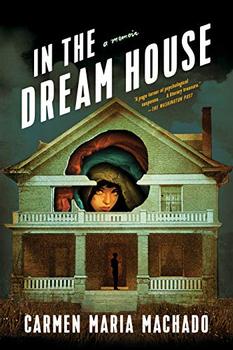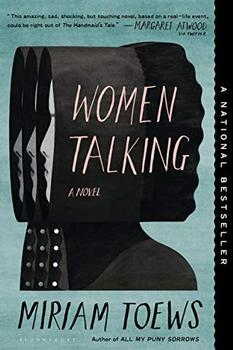Summary | Excerpt | Reviews | Beyond the book | Read-Alikes | Genres & Themes | Author Bio

The Story of a Private Investigation
by Erika KrousePart memoir and part literary true crime, Tell Me Everything is the mesmerizing story of a landmark sexual assault investigation and the female private investigator who helped crack it open.
Erika Krouse has one of those faces. "I don't know why I'm telling you this," people say, spilling confessions. In fall 2002, Erika accepts a new contract job investigating lawsuits as a private investigator. The role seems perfect for her, but she quickly realizes she has no idea what she's doing. Then a lawyer named Grayson assigns her to investigate a sexual assault, a college student who was attacked by football players and recruits at a party a year earlier. Erika knows she should turn the assignment down. Her own history with sexual violence makes it all too personal. But she takes the job anyway, inspired by Grayson's conviction that he could help change things forever. And maybe she could, too.
Over the next five years, Erika learns everything she can about P. I. technique, tracking down witnesses and investigating a culture of sexual assault and harassment ingrained in the university's football program. But as the investigation grows into a national scandal and a historic civil rights case, Erika finds herself increasingly consumed. When the case and her life both implode at the same time, Erika must figure out how to help win the case without losing herself.
Memoirs are personal, and this one is painful: monsters on one side, suffering on the other. But there is more. Krouse explains the paper trail of depositions, grand jury testimony and prosecutorial discretion, while also reflecting on the larger issues behind the case. There is a passage in the latter part of the book when she says to Grayson, dispirited, "I don't understand how people can hurt women with absolutely no consequence." Her story goes deeper than the crime itself and reflects on the why. Why rape? Why football players? Why black men?..continued
Full Review
(1074 words)
This review is available to non-members for a limited time. For full access,
become a member today.
(Reviewed by Valerie Morales).
 Rape survivor Erika Krouse rarely dreams. She has lost memories. She has trouble remembering what happened the prior week but knows in spectacular detail how it felt to be raped when she was a child by someone her mother loved. A heartbreaking passage in her memoir Tell Me Everything: The Story of a Private Investigation explains, "It's as if the regular roads are missing from my mental map."
Rape survivor Erika Krouse rarely dreams. She has lost memories. She has trouble remembering what happened the prior week but knows in spectacular detail how it felt to be raped when she was a child by someone her mother loved. A heartbreaking passage in her memoir Tell Me Everything: The Story of a Private Investigation explains, "It's as if the regular roads are missing from my mental map."
Trauma can change the brain in various ways. Brain chemistry as well as structure may be altered, affecting cognition, emotional management and neurological functioning. Specific areas of the brain that can be negatively affected by trauma include the amygdala, hippocampus and prefrontal cortex.
The amygdala is an almond-shaped section of the...
This "beyond the book" feature is available to non-members for a limited time. Join today for full access.

If you liked Tell Me Everything, try these:

by Carmen Maria Machado
Published 2020
A revolutionary memoir about domestic abuse by the award-winning author of Her Body and Other Parties.

by Miriam Toews
Published 2020
Based on real events and told through the "minutes" of the women's all-female symposium, Toews's masterful novel uses wry, politically engaged humor to relate this tale of women claiming their own power to decide.
To be ignorant of what occurred before you were born is to remain always a child
Click Here to find out who said this, as well as discovering other famous literary quotes!